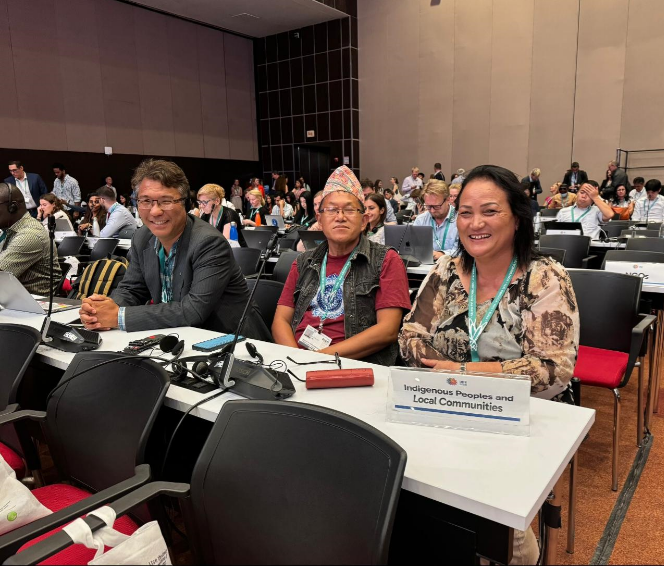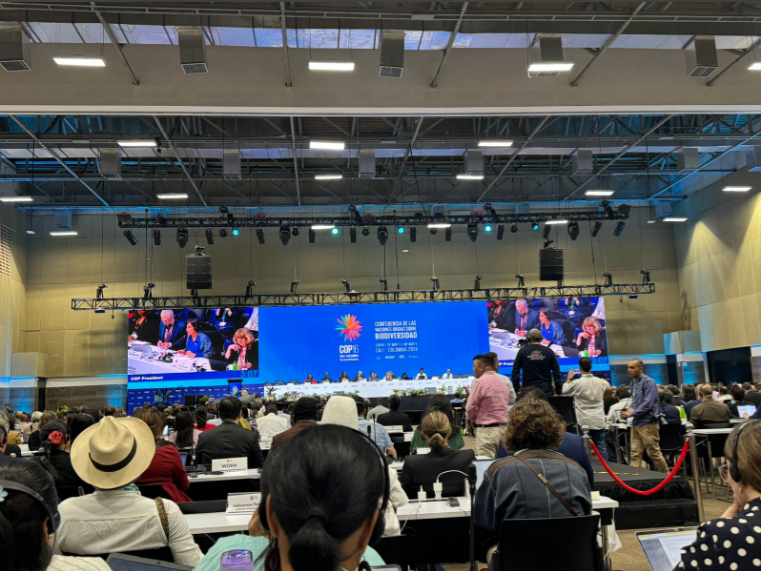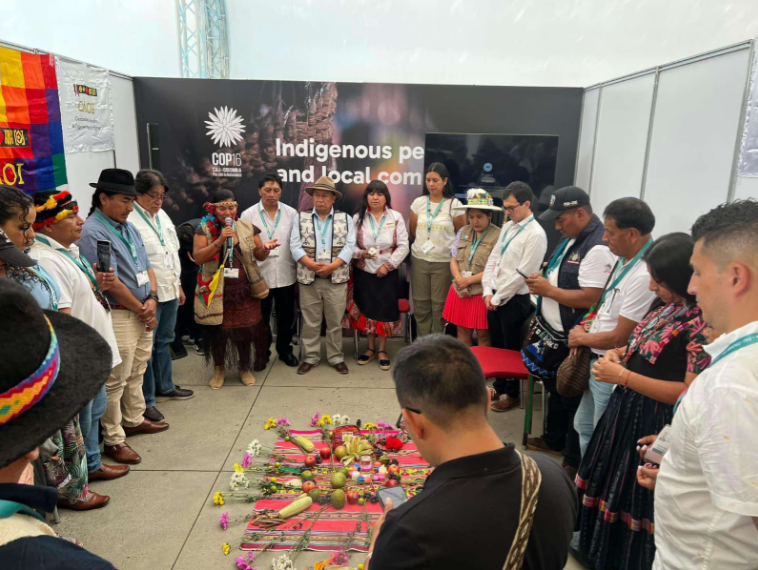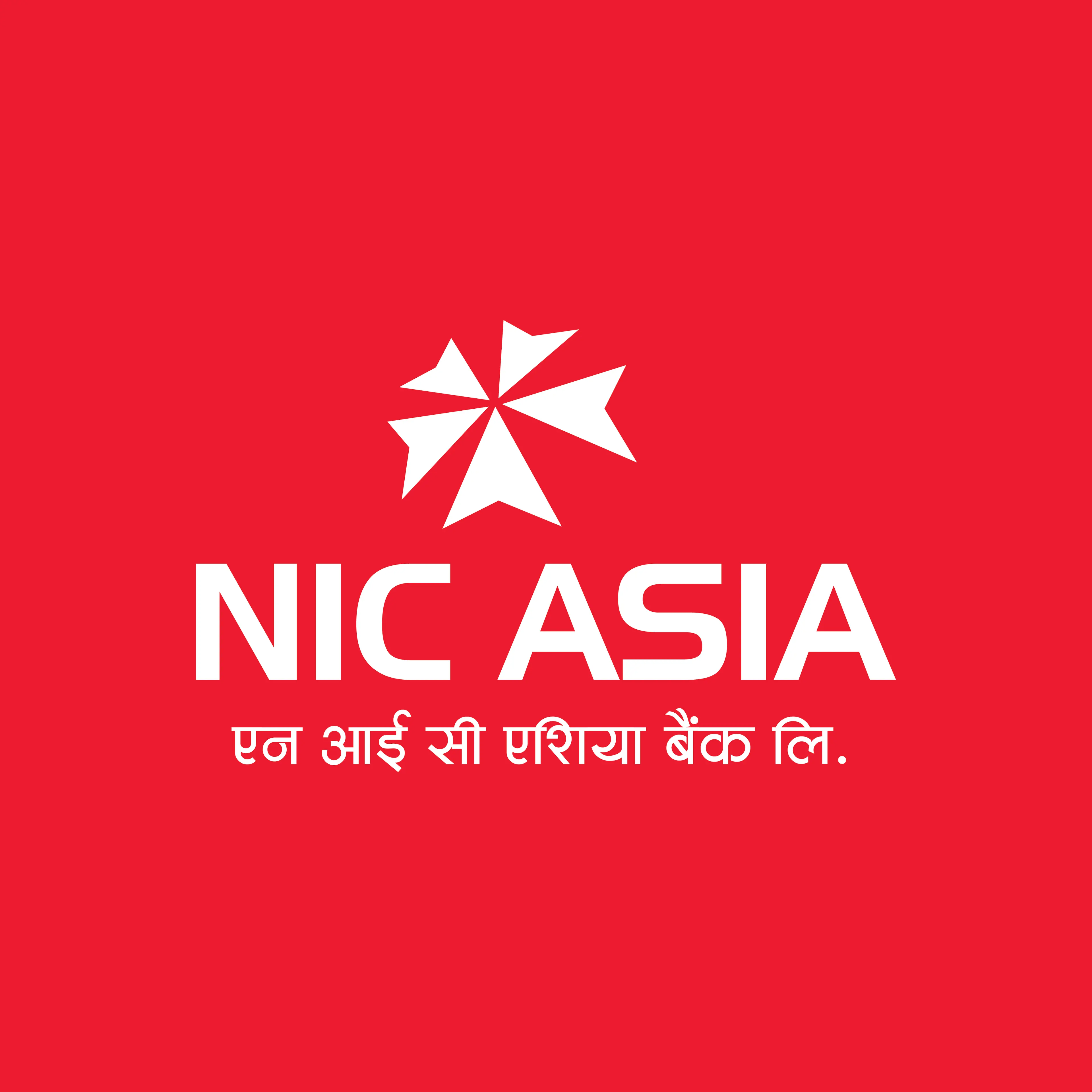
At CBD COP16 in Cali, Colombia, National Indigenous Women Forum (NIWF)'s Chairperson Suni Lama, along with Indigenous leaders from Nepal, collaborated with Nepalese government delegates to present a draft of the National Biodiversity Strategy and Action Plan (NBSAP). As steering committee members, NIWF and NEFIN played an active role in shaping the draft, emphasizing Indigenous Peoples' perspectives, traditional knowledge, and the protection of Indigenous rights within biodiversity conservation policies. Through the active involvement of NIWF and NEFIN on the NBSAP steering committee, and Indigenous Biodiversity Professional Kamal Samarung who is a technical committee member of NBSAP, the perspectives of Indigenous Peoples and Indigenous women were integrated into the draft.

Their participation underscored the critical role of Indigenous communities in biodiversity stewardship, urging the inclusion of culturally rooted approaches within national conservation strategies. This draft submission aligns with broader Indigenous expectations for strong, inclusive frameworks under the Convention on Biological Diversity. Emphasizing Indigenous Communities’ unique role as stewards of biodiversity, Suni Lama and fellow representatives advocated for frameworks that prioritize Indigenous rights and incorporate community-led solutions within the Kunming-Montreal Global Biodiversity Framework (KMGBF). Discussions underscored Indigenous Peoples and Local Communities (IPLC) call for accessible, sustained funding, land rights security, and a biodiversity strategy acknowledging the unique relationship Indigenous Peoples have with nature. The Leaders highlighted that Indigenous knowledge systems and their traditional resource management practices are critical to global biodiversity goals, advocating for an inclusive approach that allows Indigenous leaders to actively shape conservation policies and priorities.

